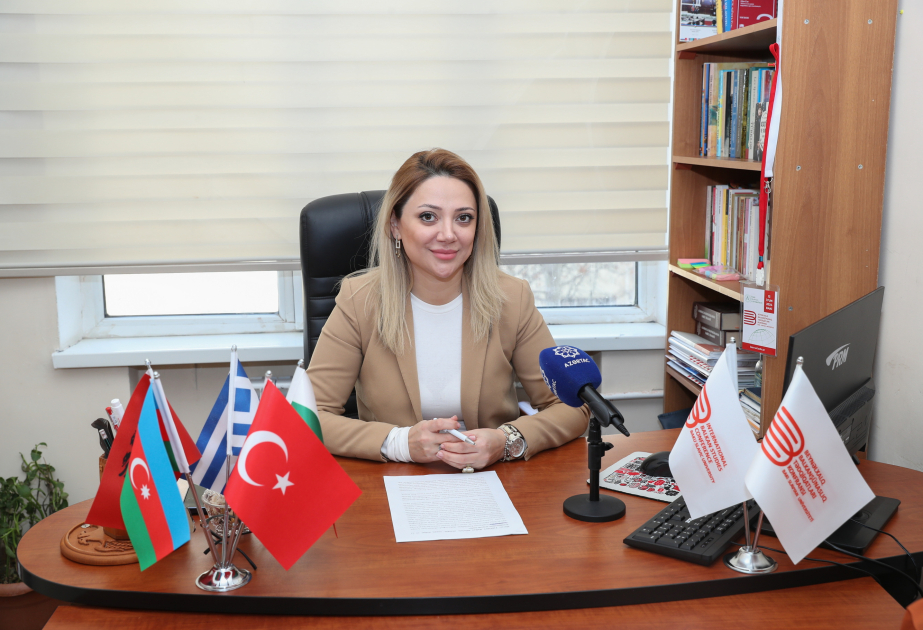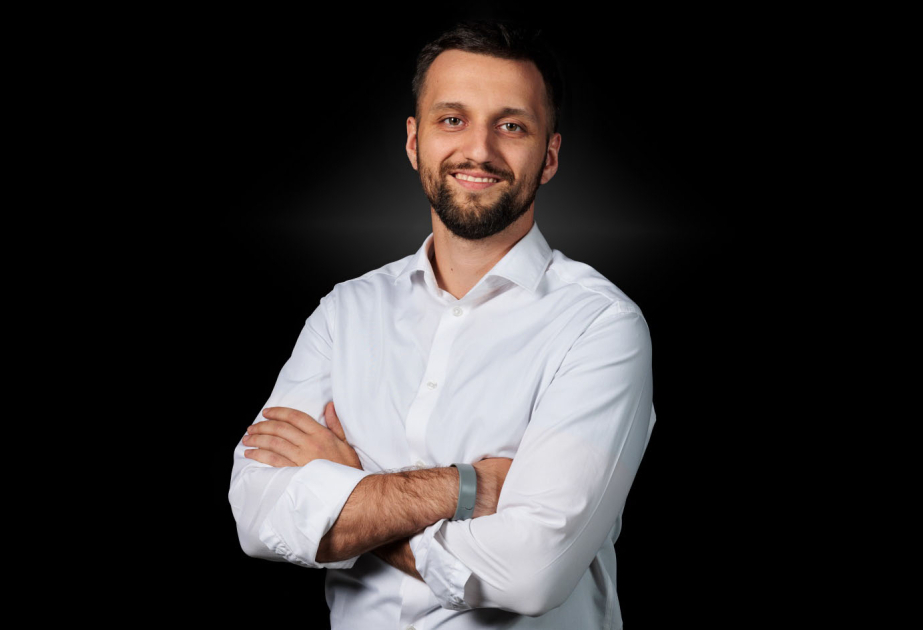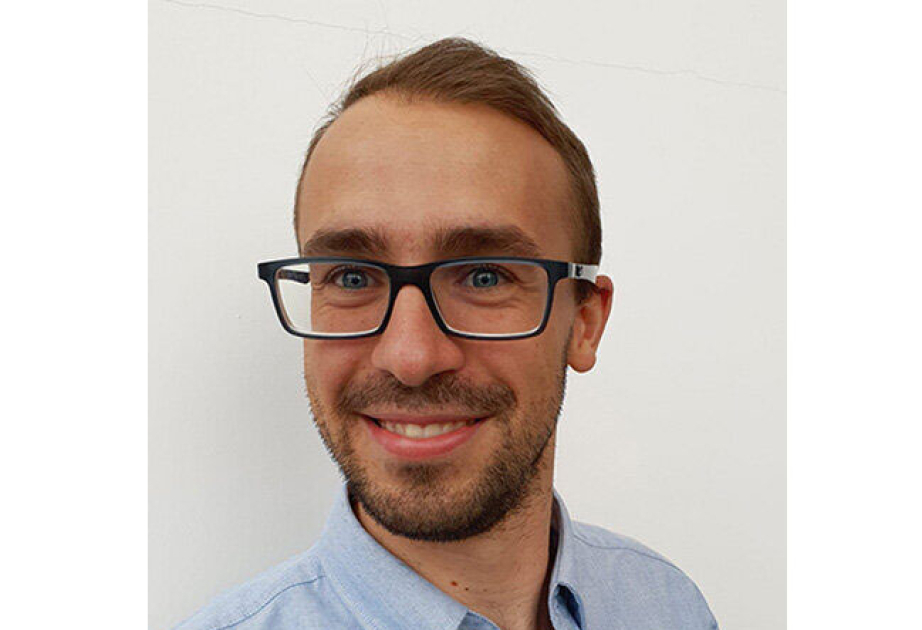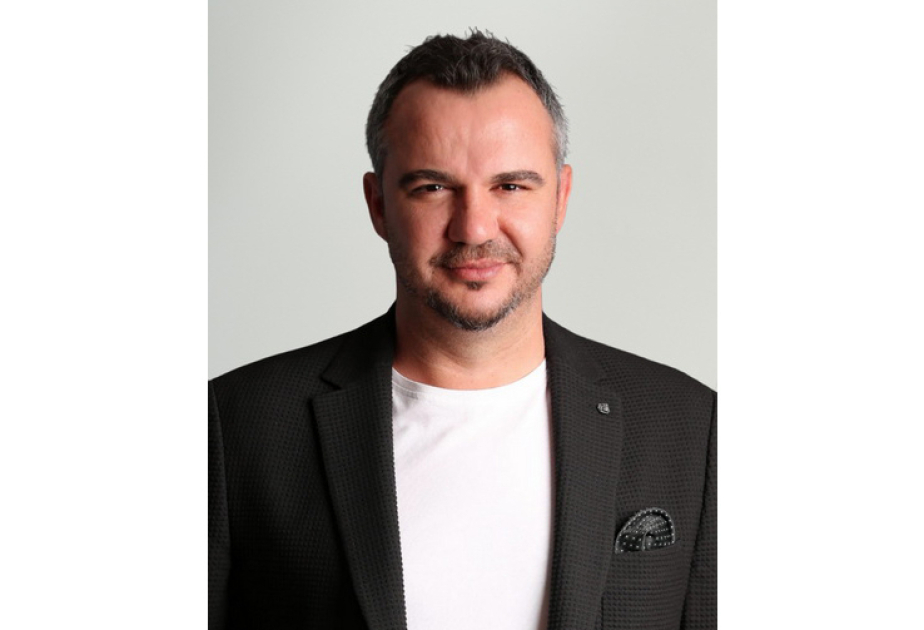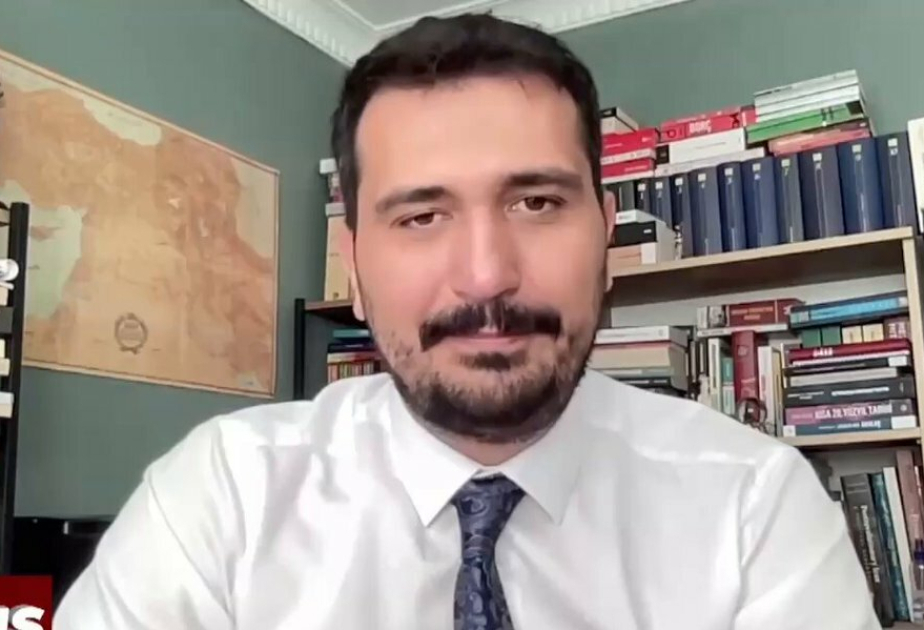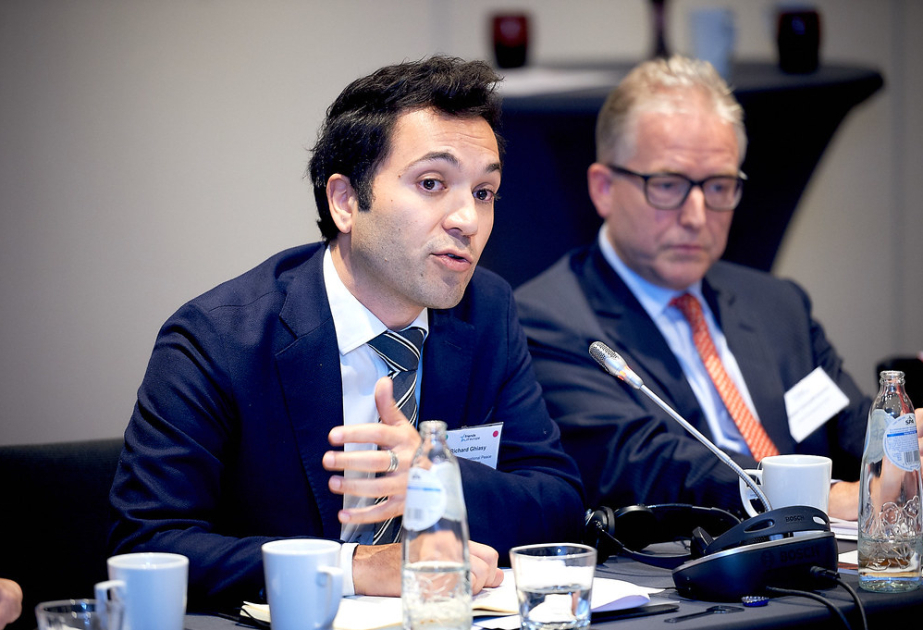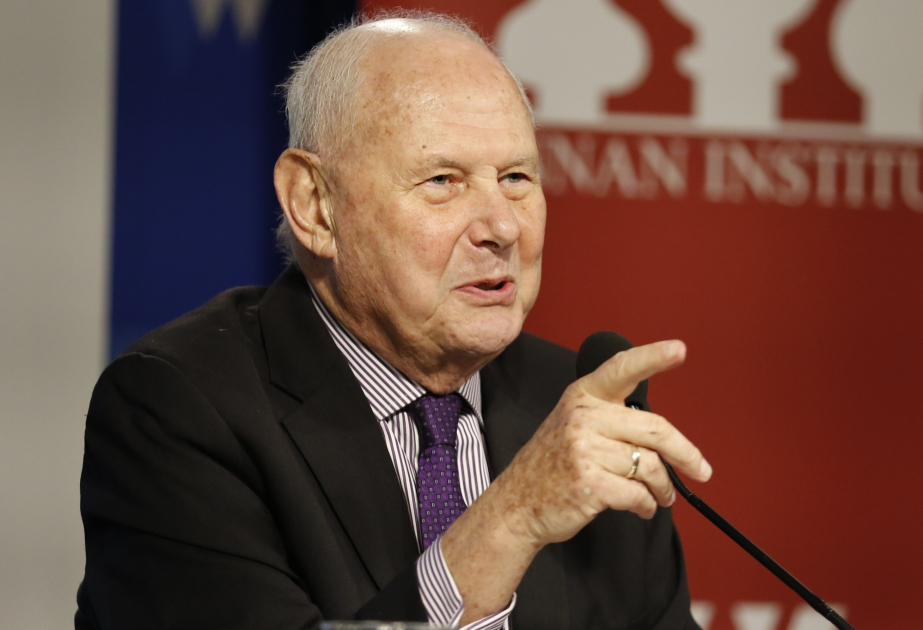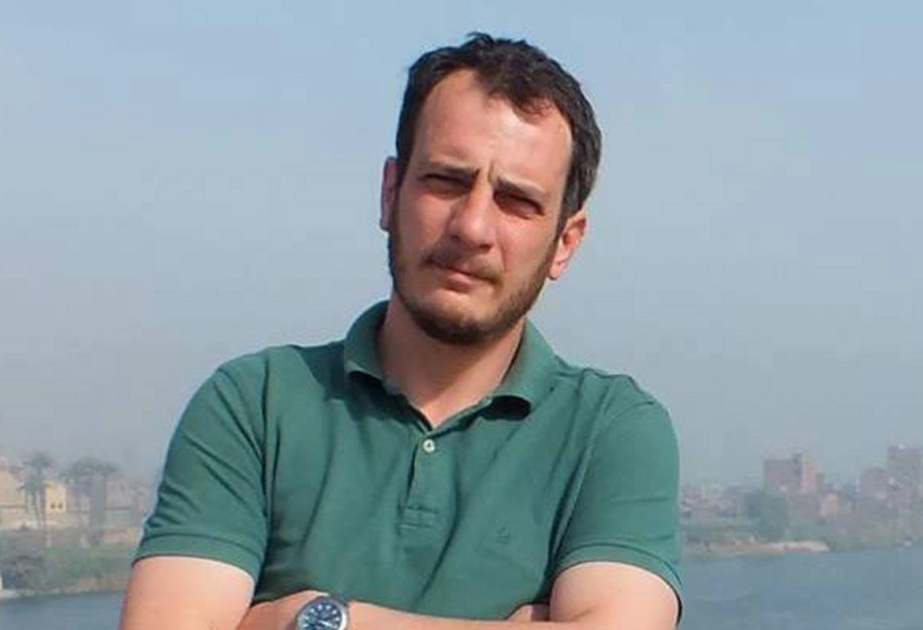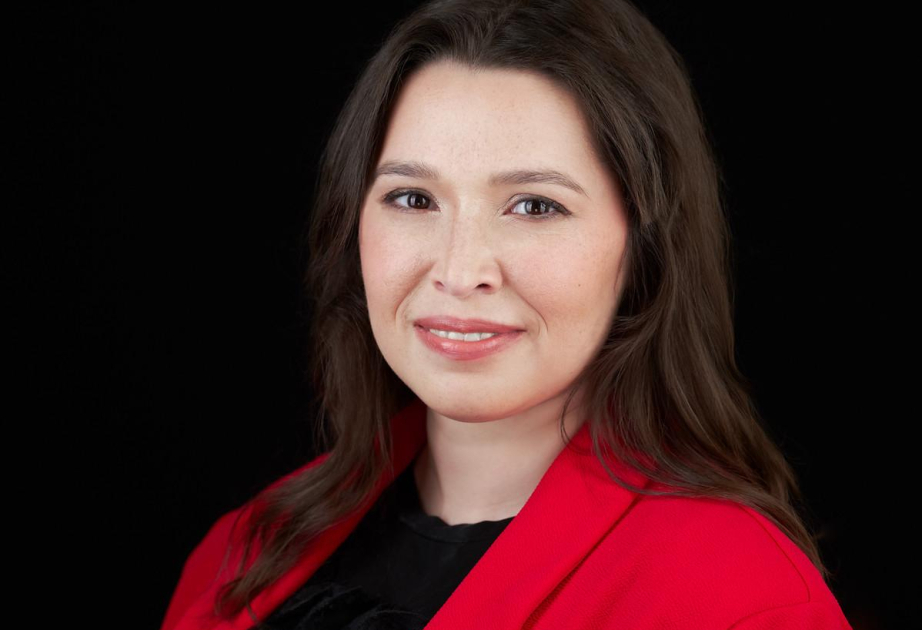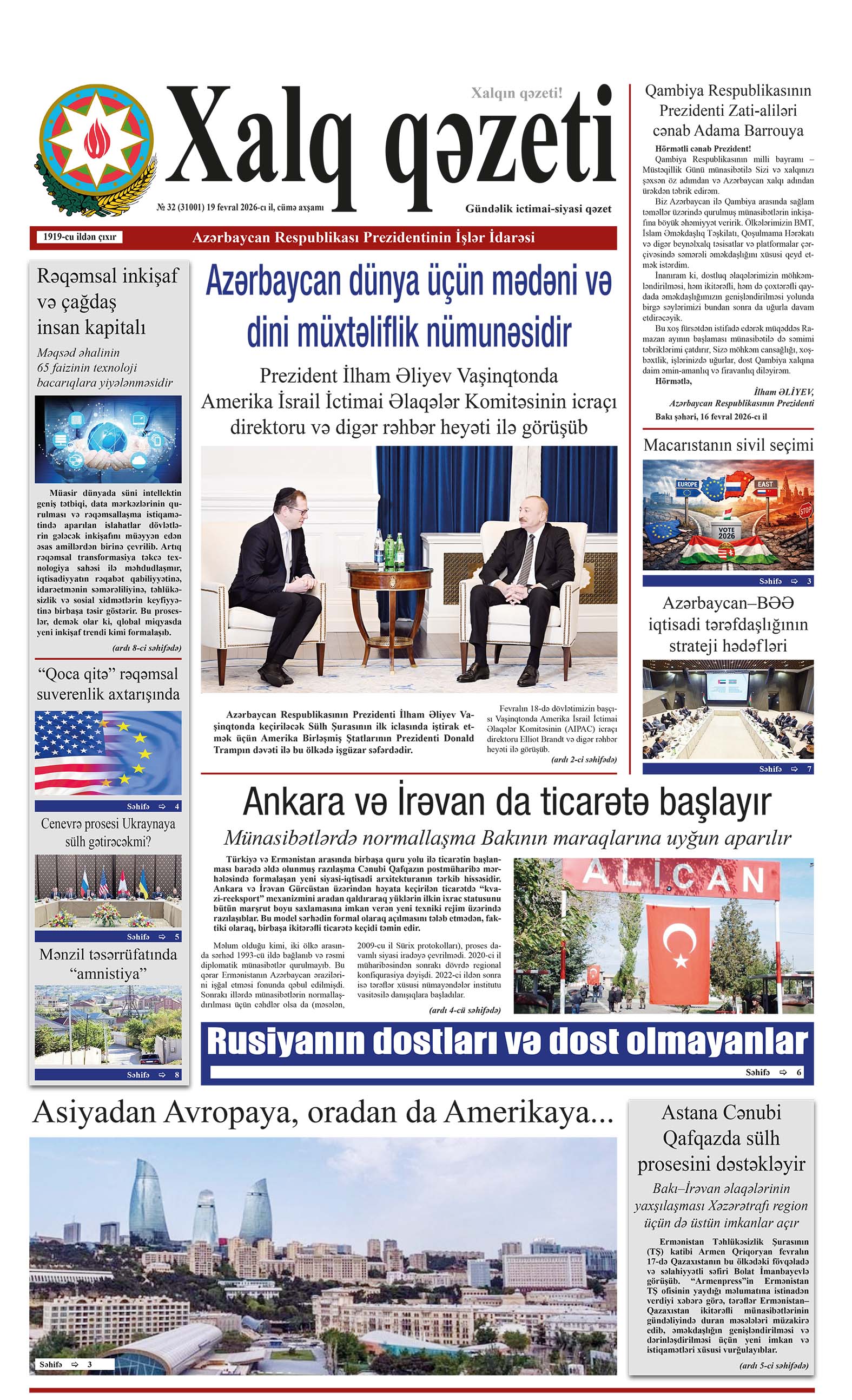The head of the Department of Balkan Studies at Baku Slavic University (BSU), Doctor of Philology Nurlana Mustafayeva, spoke to AZERTAC about the objectives behind the establishment of the department, areas of its activities, scientific research, and future goals. Nurlana Mustafayeva emphasized the importance of training specialists in this region against the backdrop of Azerbaijan's burgeoning cooperation with the Balkan countries.
- Mrs. Mustafayeva, what was the objective behind the establishment of the Department of Balkan Studies?
- The establishment of the Department of Balkan Studies at BSU was necessitated by a number of factors. First of all, the successful foreign policy defined and being implemented by President Ilham Aliyev is expanding and covering new geographies. One of such geographies is the Balkan Peninsula. The Balkan Peninsula has a well-known favorable geography and strategic position. Azerbaijan cooperates with Balkan countries in political-diplomatic, economic, energy, transport, communication, cultural and humanitarian sectors. The relations with countries of this region are expanding. From this perspective, there is a need for personnel and specialists speaking Balkan languages and having a deep understanding of the history, geography, literature, culture, art, and ethnography of the Balkans. For this reason, the Department of Balkan Studies was established at BSU on 27 May 2024. The Department of Balkan Studies is the first and only department in the country to teach Balkan languages and literature.
- Which countries does the department focus on the most?
- The Balkan languages mainly include Bulgarian, Greek, Turkish, Albanian, Serbian, Romanian, Croatian and others. Currently, the department teaches Bulgarian, Greek and Turkish languages. In the regional studies specialty, personnel are trained on Turkish, Bulgarian, Greek and Balkan regions, whereas in the translation specialty on Azerbaijani-Bulgarian and Azerbaijani-Greek languages. In addition to the languages of the Balkan region, students also study the culture, literature, ethnography, geography and history of the region. They are regularly involved in research, studies and special projects related to the literature, culture, art and ethnography of Balkan countries.
- What is the level of interest in Balkan countries in Azerbaijan? To what extent are young people interested in studying this region?
- Young people are very interested in Balkan countries. There are different reasons. First of all, I should note that Azerbaijan, often described as the “Pearl of the Caucasus”, and the Balkans, also referred to as the “Caucasus of Europe”, have almost similar historical past, culture and traditions. This enhances the interest of students in the geography of the Balkans. Native language teachers working in the department further boost this interest by involving students in comparative research. For example, assignments such as “Similar and different aspects of the Novruz holiday celebrated in Azerbaijan and the Novruz holiday celebrated in Albania” are of particular interest to students. The enthusiasm arising from this interest encourages students to study Balkan languages, culture, ethnography, literature, history, etc.
- Are there opportunities for Azerbaijani students to go to university in Balkan countries or participate in exchange programs?
- BSU is the first university in the region for teaching Slavic languages. In addition to close cooperation with other regions, BSU also has relations with Balkan universities and is now in the process of expanding them. Currently, cooperation is developing with various universities in Bulgaria, Türkiye, North Macedonia, Serbia, Romania, Albania and other Balkan countries. For example, BSU's teachers, along with students of relevant specialties, annually participate in summer schools and various internship programs held at Sofia University St. Kliment Ohridski in Bulgaria and St. Cyril and St. Methodius University of Veliko Tarnovo.
The centers operating at BSU play a special role in training students as qualified professionals of the future. The Bulgarian Educational and Cultural Center, the Center for Modern Greek Language and Culture, and the Educational and Cultural Center for Turkic Studies operate at BSU. These centers focus on supporting students of the Balkan region to have broader and deeper knowledge about it. In parallel, the Center for Azerbaijani Language and Culture operates at Sofia University St. Kliment Ohridski in Bulgaria. In this center, Bulgarian students study the Azerbaijani language, the Azerbaijani literature, as well as Azerbaijani multiculturalism. I would like to note that not only Azerbaijani students join exchange programs in Bulgaria, but also students of Sofia University regularly participate in internship programs at BSU. A few months ago, Bulgarian students were involved in internships at the departments of Turkology and Azerbaijani language at BSU, where they were taught relevant subjects, and Bulgarian and Azerbaijani students jointly organized cultural days.
- Does your department also carry out scientific research? If it does, what are the main topics?
- The employees of our department have been teaching Bulgarian, Greek and Turkish languages for many years. They are engaged not only in teaching, but also in scientific research. As a result of the scientific research, they prepare important research papers. The main topics include philological issues, literature, culture and art, as well as the ethnography of Balkan languages.
- Do you organize local and international conferences and seminars on Balkan languages and cultures?
- In June last year, the university held the first “International Balkan Studies” conference in Azerbaijan. Professors from Albania, North Macedonia, Serbia and Bulgaria participated in the conference. The main topic of the conference was the study of literary and cultural relations between Azerbaijan and Balkan countries. Also, in September, a round table was organized at BSU together with a delegation from Sofia University on the topic of “Azerbaijan-Bulgaria philological cooperation: problems and opportunities”, and an exchange of views was held. In December, Osman Emin, Head of the Department of Turkish Language and Literature, Faculty of Philology, Ss. Cyril and Methodius University of North Macedonia, gave an online lecture on the topic of “North Macedonia from the Past to the Present” to BSU students of regional studies in Türkiye and the Balkans, answered students' questions, and exchanged views with them.
- What resources and methodologies are used in teaching Balkan languages?
- Relevant textbooks and literature on Turkish, Greek and Bulgarian languages are used in the teaching process. Teaching aids for different levels are used in Bulgarian, Greek and Turkish languages as well. The Greek and Bulgarian language specialists of the department prepare teaching aids in Azerbaijani for Azerbaijani students at different levels. In addition to teaching aids, the staff also prepare monographs. For example, the Bulgarian language specialist translated “Bulgarian Folk Tales” into Azerbaijani, the Greek language specialists prepared “Azerbaijani-Greek, Greek-Azerbaijani Phrasebook”, and the Turkish language specialists prepared and published the “Language of the Country of Specialization (Turkish)” and “Turkish Reading Texts”. At the same time, the department has implement projects together with students, and these are used as additional literature in the teaching process. For example, Greek language specialists, together with students from various courses, translated “Selected Poems of the Great Greek Poet Cavafy” into Azerbaijani, creating a useful source that will also be used in the teaching process.
In addition to Azerbaijani specialists, Bulgarian and Greek native speakers also work in the Department of Balkan Studies. As we all know, hearing a foreign language directly from a native speaker makes learning that language more effective. The fact that Bulgarian and Greek native speakers teach our students their languages through various methodologies will play a positive role in shaping them as good specialists in the future.
- Are there enough staff to teach these languages at the moment?
- As I mentioned, Bulgarian, Greek and Turkish languages have been taught at BSU for many years. Our department has specialized teachers who teach these languages. But naturally, we can’t be complacent with this and are working to train new staff.
- What new initiatives do you plan to implement to introduce Balkan languages and culture to a wider audience?
- In addition to historical and cultural relations between Azerbaijan and the Balkan countries, there are also extensive relations in the strategic, political, economic, security, energy and military spheres. As I mentioned, the Balkan region is called the “Caucasus of Europe”. It is from this perspective that we believe that the Balkan countries should be promoted in Azerbaijan and involved in various studies. The Azerbaijani language, literature, culture and history should also be introduced to the Balkan countries more extensively.
As a department, we have various projects with scientists from these countries to introduce Balkan culture to a wider audience. One such project is the scientific article “Turkism and the Turkish World in Balkan Turkish Literature” by North Macedonian professor Osman Emin, which was translated into Azerbaijani and published in the media.
- What are the main goals and plans of the Department of Balkan Studies for the near future?
- Our goal is to prepare qualified professionals with a deep understanding of the languages of the Balkan countries, familiar with the literature, history, geography, culture, art, ethnography, and politics of the Balkan countries. At the same time, we want to start teaching other Balkan languages and implement cooperation, joint projects and joint scientific research. Taking into account the training of personnel, these projects will also be student-oriented.


